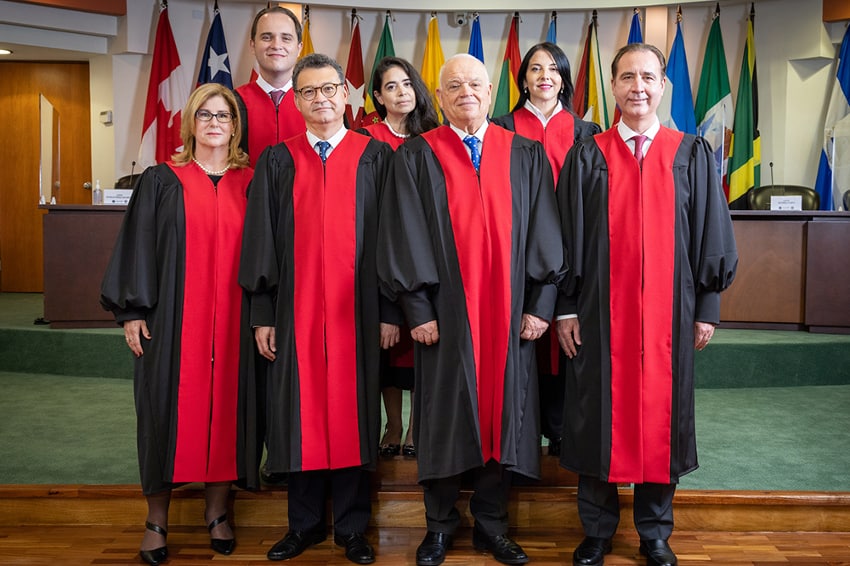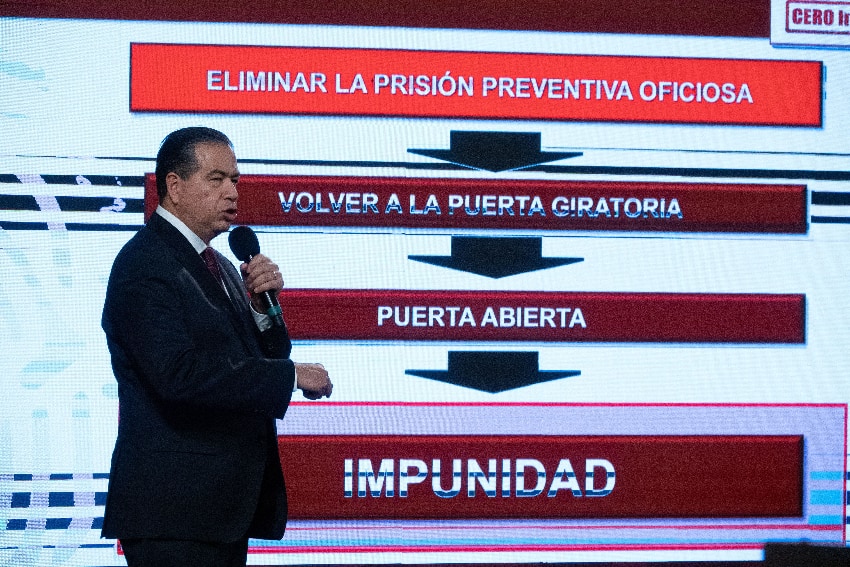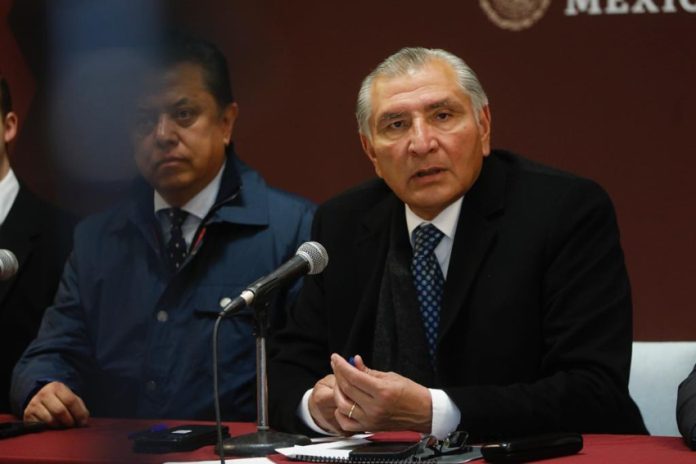Interior Minister Adán Augusto López has rejected a directive from the Inter-American Court of Human Rights (IACHR) on the use of preventive detention.
In a ruling made public in late January, the Costa Rica-based court said that Mexico violated the rights of personal freedom and presumption of innocence in a case involving three men who were arrested on the Mexico City-Veracruz highway in 2006 on organized crime charges and held in pre-trial prison for over 2 1/2 years before they were absolved.

The IACHR consequently ordered the Mexican state to take a range of measures, among which was to “adapt” the country’s “internal legal system” with regard to the use of preventive detention. The court specifically ordered the elimination of a form of pre-trial detention known as arraigo.
Mexico’s Supreme Court (SCJN) ruled in November that current mandatory pre-trial detention arrangements – as set out in the constitution – were valid except in cases in which alleged perpetrators are accused of tax fraud, smuggling and tax evasion via the use of phony invoices.
During a visit to Tlaxcala last Friday, López charged that the IACHR demonstrated a lack of respect for Mexico in making its preventive detention order.
“It’s nonsense for the Inter-American Court to place itself above the constitution and it disrespects the Mexican state. There can be no power above the Mexican state, which among other things is the guarantor of social, political and economic stability in this country,” the interior minister said.

Before the SCJN ruling was handed down, the federal government argued in favor of maintaining prevailing mandatory pre-trial detention provisions, asserting that the measure is essential to ensure that suspects don’t evade justice and continue committing offenses.
López noted on Friday that the measure – which applies to people accused of serious crimes such as homicide, rape and kidnapping – “was declared constitutionally valid by the Supreme Court” with the exception of “crimes relating to tax fraud.”
No court can “force the Mexican state to modify the constitution,” the interior minister declared, adding that the 106-year-old document is “one of our sources of pride as Mexicans.”
Miguel Carbonell, a lawyer and director of his own legal studies center, took a different view on the regional court’s preventive prison directive, saying that the IACHR had set an “extremely important precedent that obliges us to modify this aberration provided for in the constitution since 2008.”
“For the first time in history, the Inter-American Court of Human Rights has declared unconventional an article of the Mexican constitution. It will have to be modified as soon as possible and I hope that those who voted in favor of this reform in 2008 feel ashamed,” he wrote on Twitter.
With reports from Animal Político and Aristegui Noticias
